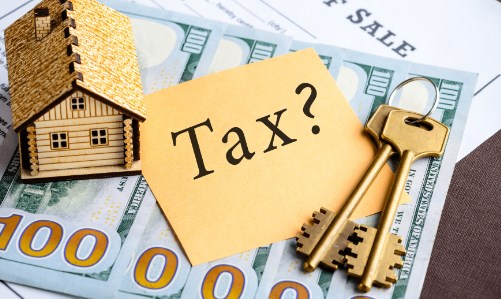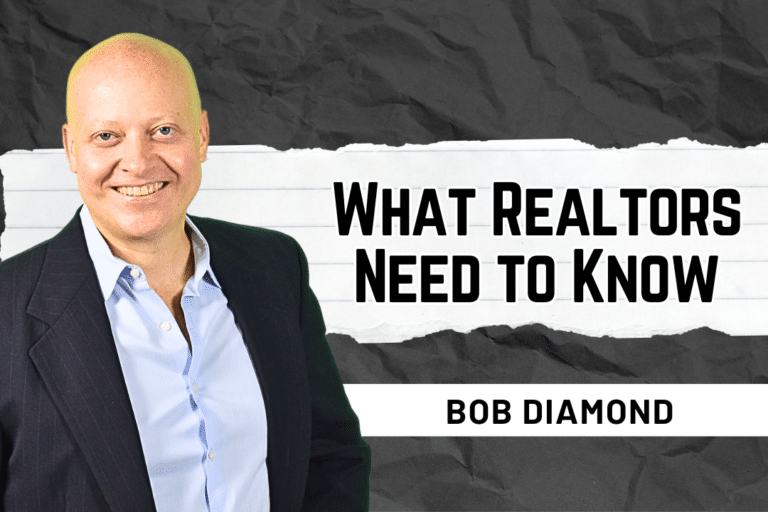Do you know about Tax Sale Overages? AKA Surplus Fund Business.
What Tax Sale Overages — ever heard of them? Maybe not. But let me tell you, this overlooked area of foreclosures holds some serious potential for those wanting to take their earnings to the next level.
Today, let's dive into a fascinating world that not many people know about – tax sale overages. Imagine this: You've heard about real estate auctions, but did you know that there's often leftover money after a property is sold? It's true, and it's claimable by the former owner. So, let's break down this concept in simple terms.
What Exactly Are Tax Sale Overages?
Tax sale overages are the leftover funds from a property sold at a tax foreclosure auction. These funds belong to the previous owner of the property.
Here's how it works: If someone fails to pay their real estate taxes for a few years (usually three or four, depending on the area), their property can be sold at a tax foreclosure sale to recover those unpaid taxes.
The Nitty-Gritty: Causes of Tax Sale Overages
When the properties sell at tax sale, generally speaking, they sell for a lot more than that tax bill. And mathematically speaking, taxes are a little under 2 percent of the property value per year on average. So, we will use 2 percent because it’s an easy number to work with. The average house in America is worth about $400,000, which means that the average house in America has an $8,000 per year real estate tax bill. If that gets four years behind, the local jurisdiction will foreclose because they’ve got to collect that tax money.

They need to pay the police, the firemen, the school teachers, repair the potholes, pick up the trash, run the mayor’s office, they’ve got to do all those things. So they’re deadly serious about collecting those real estate taxes.
If you took your $400,000 house and let’s say that you fail four years behind at $8,000 a year, that means you owe $32,000 in real estate taxes. Plus, of course, we’re going to have interest and penalties. And so let’s just double that money, because I think that’s safe to assume that it would double the cost with interest and penalties. So instead of $32,000, $8,000 times four years, we have $64,000 that’s due.
So we have a $400,000 house and the process for tax foreclosure is that the house goes to a public auction, and lots of people attend those public auctions. They are bidding for a bargain house, and generally, they do get some pretty good deals. Usually, houses will sell for 20%, sometimes even 30% off of retail at those sales. So on your $400,000 house, let’s say that it sold for a 30% discount. So it is going to sell for $120,000 less than its retail value.
If we took our $400,000 house, and deduct $120,000, that leads us to $280,000. And I think, wouldn’t you agree with me, that if you picked up a house worth $400,000 for $280,000 you’d be pretty excited, right? Yes, of course you would!
So bidders at tax sales are happy to pay that kind of money for a house, but think about it, you only owed $64,000 in taxes.
So there’s a big difference between the $280,000 sale price and $64,000 in taxes. For round figures, that’s $210,000 in difference. That is the money that becomes overages money. The reason it becomes overages is that the tax authority that holds the foreclosure sale absolutely gets to keep the money that they’re owed.
So $64,000, inclusive of interest and penalties. They’re going to keep that, but then the remaining money is not needed for taxes or interest, those are all accounted for.
Those monies are available for the former owner. And that’s where tax sale overages come from. These are available in most states.
The Heart of Tax Sale Overages
The reason these overages exist is that the government only wants to collect the taxes owed, not profit from selling the property.

If you owed $64,000 and the property was sold for $280,000, that remaining $210,000 belongs to you, the previous owner. This money represents the equity you had in your house beyond the taxes, penalties, and interest.
Are Tax Sale Overages available for every state?
Now there are a couple of states that don’t give the money back: Colorado doesn’t give the money back, Wisconsin doesn’t, and Illinois doesn’t, because of the way their process works. Most of New York State doesn’t, but a couple of jurisdictions do.

But other than that, the money is available.
The Real Deal: Claiming Your Overages Money
Most states allow former owners to claim these overages, and they're often left unclaimed because people aren't aware of them. This is where things get interesting. We work to find these unclaimed funds, reach out to the rightful owners, and help them get their money back.

Imagine getting back tens of thousands of dollars you didn't even know were owed to you. That's the power of tax sale overages!
Why We Love The Overages Business
This business is not just about finding hidden funds – it's about helping people who've faced tough times regain their financial footing. Many overages range from $20,000 to $60,000, but these days, thanks to rising real estate values, six-figure claims are becoming more common., $100,000 claims, $300,000 claims. We're talking about potentially life-changing amounts of money.
Imagine receiving a call telling you that you're owed a substantial sum – a sum that could cover debts, start a new chapter, or simply bring peace of mind. This business is a win-win, both for those who've lost their properties and for those looking to make a meaningful income while making a difference.

How The Overages Business Works?
If you’re interested in becoming an owner of the overages business, you just need to follow a few easy steps.
- Find overages list
- Find claimant contact info
- Call claimants and sign up deals
- Claim the money
We will teach you each and everything regarding this business. Join our free mini course and we will explain every single detail.
Conclusion
So there you have it, folks – the world of tax sale overages unveiled! It's all about helping people claim what's rightfully theirs and turning tough times into brighter futures. Who knows, you might just discover a hidden windfall waiting for you! Remember, there's often more to the story than meets the eye, and uncovering these hidden treasures can make a world of difference. Stay curious, stay informed, and let's make the most out of every opportunity that comes our way! I'm Bob Diamond, American Tax Sale Attorney, see you next blog.






